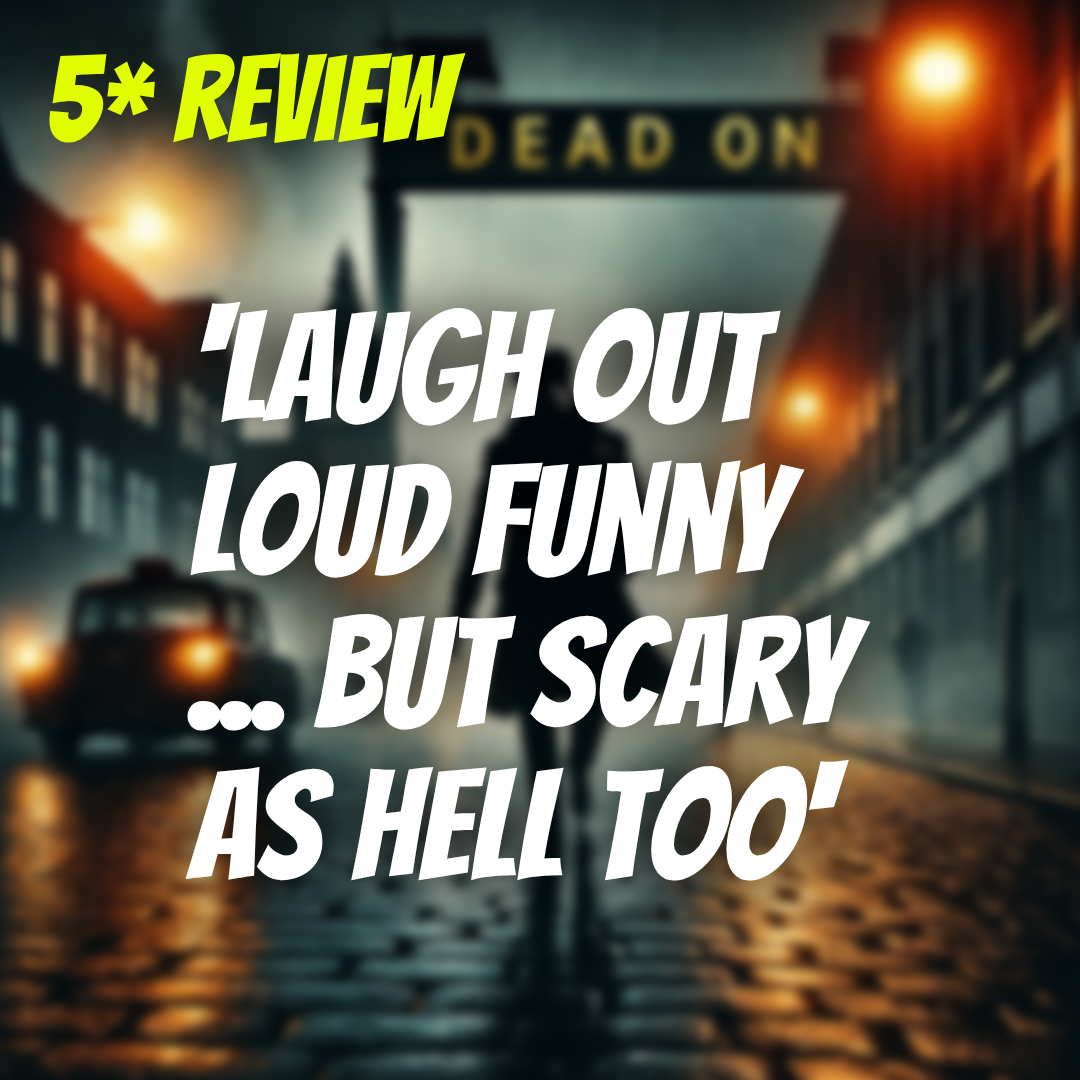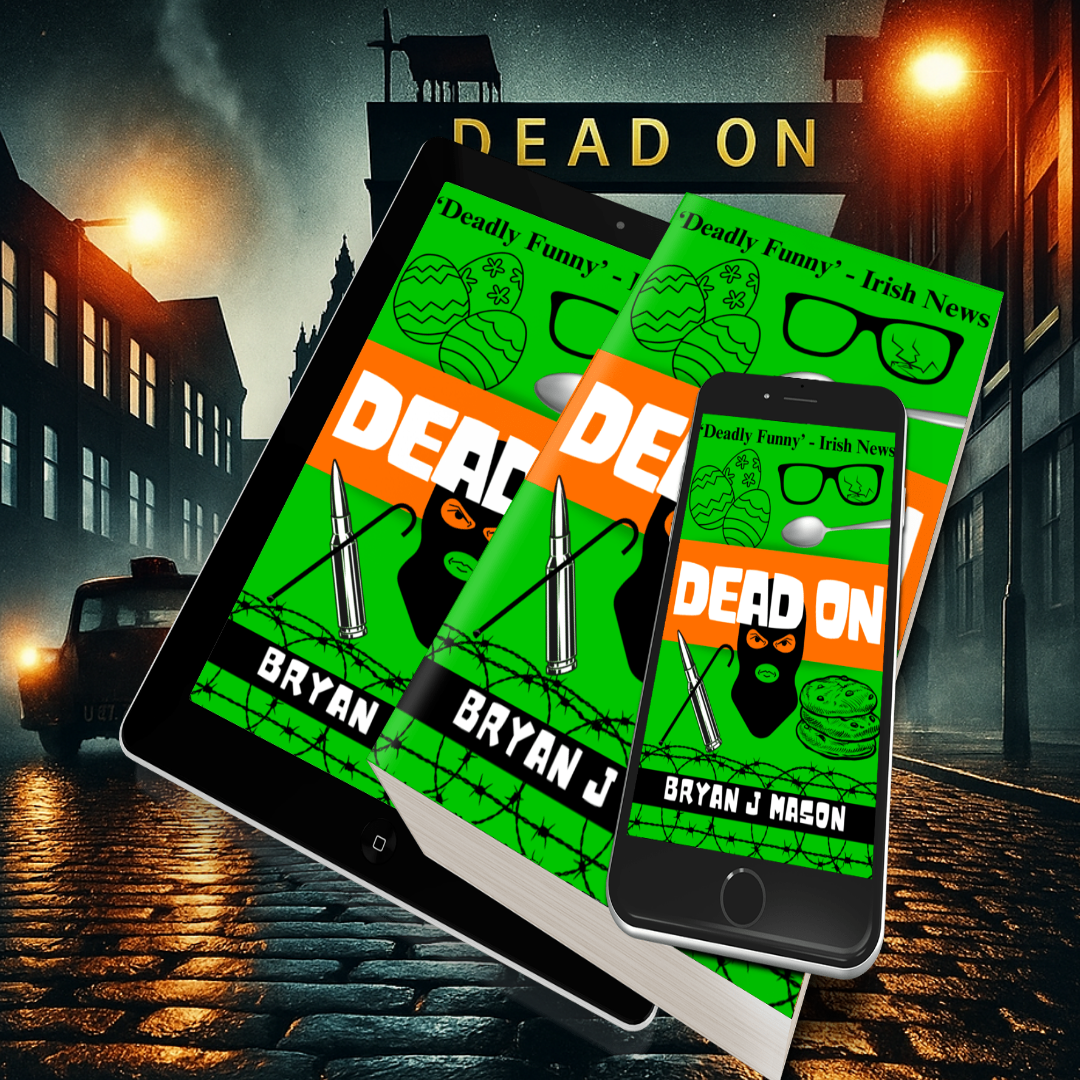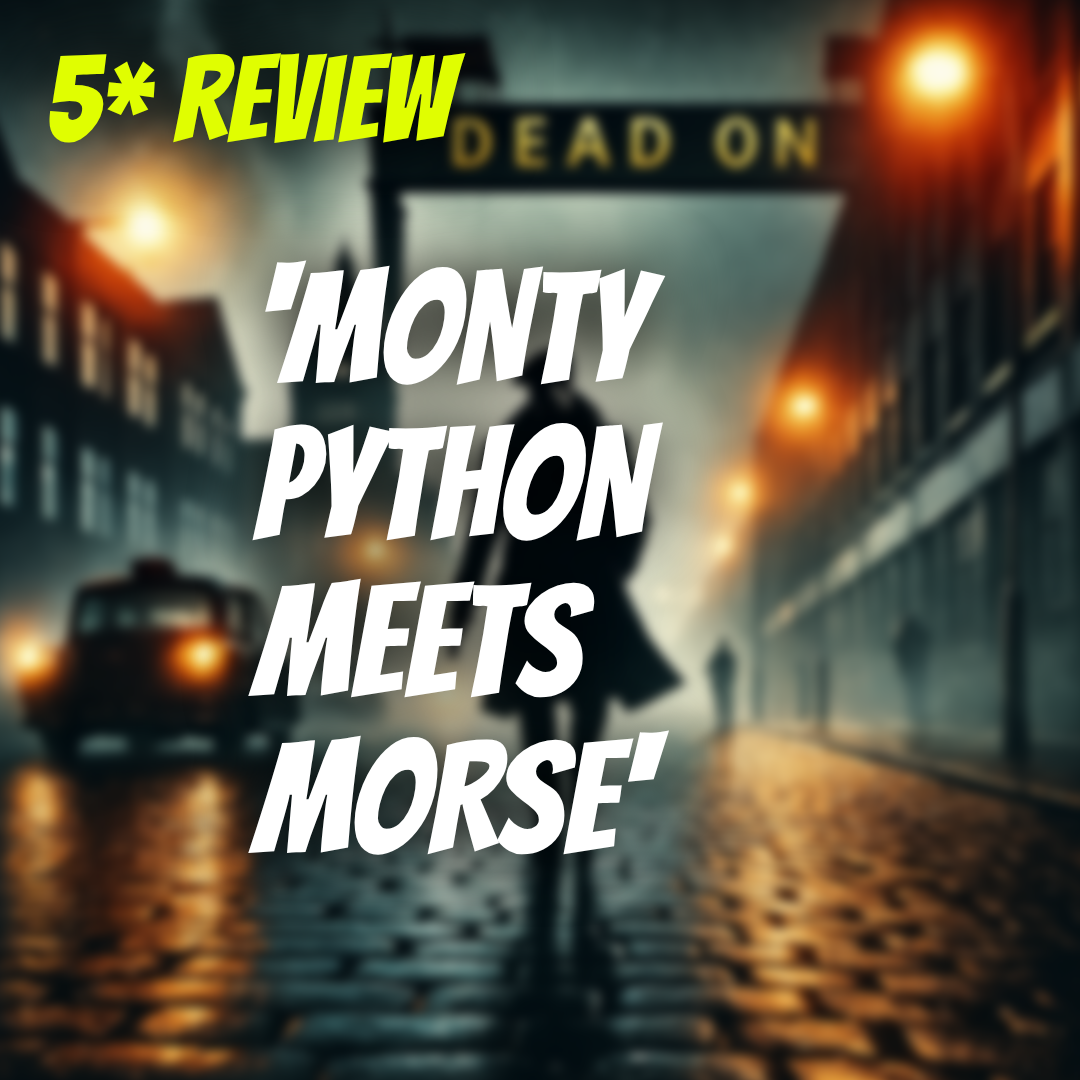 Written by Chuck Wendig — Mockingbird is the eagerly awaited sequel to Blackbirds and has cover art to match. If you’ve read that book, or our review of it, then you’ll know that it blended the fantasy/horror and crime genres to create a fast-paced thriller with a memorable and likeable heroine who has a docker’s vocabulary… a particularly foul-mouthed and sarcastic docker.
Written by Chuck Wendig — Mockingbird is the eagerly awaited sequel to Blackbirds and has cover art to match. If you’ve read that book, or our review of it, then you’ll know that it blended the fantasy/horror and crime genres to create a fast-paced thriller with a memorable and likeable heroine who has a docker’s vocabulary… a particularly foul-mouthed and sarcastic docker.
Miriam Black has a lot to swear about, though. Her gift – more of a curse, really – is that whenever she touches somebody she see’s their death. Attempts to intervene and prevent a fatality only seem to make things worse, and she’s left wondering if some deaths might be avoided if she just keeps out of it. That kind of guilt isn’t easily shrugged off. At the end of Blackbirds she saved the life of Louis Darling, the kindly trucker who helped her when she needed it, and finally got the better of fate. Maybe life is on the up.
Fate has other ideas. Miriam just isn’t cut out for domestic bliss. The trailer she and Louis share is suffocating her and the excitement and danger which united the couple has gone leaving uncomfortable silences, brewing resentment and less intimacy. The road is calling. Miriam knows that by going back to drifting, grifting, and stealing she’ll replace one set of problems with another, but that’s what she decides to do. She agrees to do one last thing for Louis though, visit a school teacher friend who’s something of a hypochondriac and let her know if she really is going to die of the cancer she’s so afraid of.
Of course, nothing is that simple in Miriam’s world. The boarding school she must visit is for damaged girls. It has an authoritarian regime, and authority is a red rag to a bull for Miriam. Things are said – rude, challenging words – and Miriam is chased off the campus. However during her time at the school she meets some of the kids and, yes, she sees that they’re going to die. Not natural deaths, but cruel, painful, premature deaths, with rituals, masks, and saws. That means only one thing: a serial killer.
The killings don’t seem imminent, so Miriam half talks herself into walking away. But she decided that she can’t leave these girls to their fate. What if the murderer’s work has already started? Could there be others? Miriam can only know the fate of girls she’s touched. To find out she’ll have to play detective, and to stop anyone from dying she has to put her own life on the line.
Wendig carries on where he left off in Blackbirds. All the strengths which made it so fantastic return here – great pacing, taught plotting, laugh-out-loud language, and the empathy he has with his damaged protagonist. He continues to blend genres like someone who’s written 20 novels, not just two or three. This is part horror, part urban fantasy, part thriller and part mystery. All of it, however, is good.
Mockingbird is released in the UK in paperback format on 28 August 2012.
Angry Robot
Print
£8.91
CFL Rating: 5 Stars








I loved this one too! Probably one of my favorite series this year…
Agreed. It’s not just the central character, but also the prose, the pace, just the whole package really. Excited about number three.